Self-care in Shimukappu is part of the way of life.
I sensed that the toilet advertisement was a promising sign, but I struggled to grasp the meaning. Two children wearing evil-looking headgear gasped in pain above a set of futuristic TOTO toilets — the largest toilet manufacturer in the world. And then it was time to move. The ad was the first, and the most compelling, in a long line of ads as I wound my way through COVID checkpoints at the Tokyo airport in November.
It turns out that the kids’ hats make it easy for a Japanese observer to identify them as germs who exclaim, “Oooh!’’ Try to imagine your new toilet strangling your fecal germs as it flushes them away.
Surprisingly, the advertisement requires even more context: A toilet from TOTO is radically different from its typical North American counterpart. This is because it is a toilet plus a TOTO washlet. A washlet is the seat of your dreams with the capacity to heat, wash, and dry you on your visit to the bathroom. And I was right about the advertisement being a favorable sign. For me, it has come to symbolize the importance of self-care in Japan and the time I see individuals devote to rejuvenating practices every day in Shimukappu.
I’m reflecting on rejuvenating practices today, but there are many taxing parts of life in Shimukappu, too. When I’m chatting with friends, they often bring up long work hours as a counterpoint. As a guest and newcomer, though, I’m not impelled to discuss counterpoints. I’ll leave that to the longtime locals.
In Shimukappu, I’ve seen self-care prioritized in so many ways. Everyone practices thorough stretching at community sports events and before gym class, and my friends say “thank you” to the gymnasium and other inanimate objects as they finish activities. My students have time to brush their teeth after lunch; plus, the school schedule allots time each day to clean the school. Today, I’m going to focus on appreciating spring flowers and soaking in hot springs — two timeless parts of life in Japan that feel as luxurious and rejuvenating as the washlet.
Spring is the season for sakura, or cherry blossoms, in Japan. In the last couple of months, I’ve been introduced to the culture of hanami, which literally means looking at flowers. From a young age, all of my students in Shimukappu learn to appreciate the fleeting beauty of the blossoms, and the thoughtfulness that my students bring to it makes it clear that I need to work on my own practice of appreciation.
I asked my elementary school students to pinpoint where and when they learn about slowing down around the blooming of the sakura (cherry) trees. They tell me that they are taught by their parents, teachers and friends, but it’s hard for them to pinpoint exact moments. It seems that the messaging is so consistent that the practice of appreciating the blossoms’ transient beauty consumes all of their mental power rather than where they were taught. Having a picnic under a blossoming cherry tree, admiring blossoms out the car window, or pausing when walking by a cherry tree outside the school are all second nature for these Shimukappu youngsters.
They are participating in a tradition as old as Japan’s recorded history. Sakura are appreciated in the Manyoshu, Japan’s oldest poetry collection, which was published in the 700s. There’s a meditative slowing that comes with hanami and it’s similar to the slowness in another rejuvenating practice — visiting the onsen, or hot spring.
Japan is rich in volcanoes and geologic activity. It is a breathtaking part of living here that on any number of skis or hikes I get to admire fumaroles — a vent spurting sulphuric vapors. This geologic reality makes tapping into hot springs a common occurrence and means that every adventure I go on closes with a soak in an onsen.
That’s how I find myself sitting in a hot spring this evening with a wonderful friend. After a day of canoeing, we scrubbed ourselves thoroughly, and sat in the rotenburo (outside pool) watching the light of the setting sun move along the slope of a beautiful volcano. It makes me wonder: How are you caring for yourself today?
Timbah Bell is an English teacher in Shimukappu, Japan, where he works as part of a longstanding partnership with Aspen Sister Cities. You can find this column read aloud and photos from his adventure so far on Instagram @beauty_noted; email him at timbah.bell@gmail.com
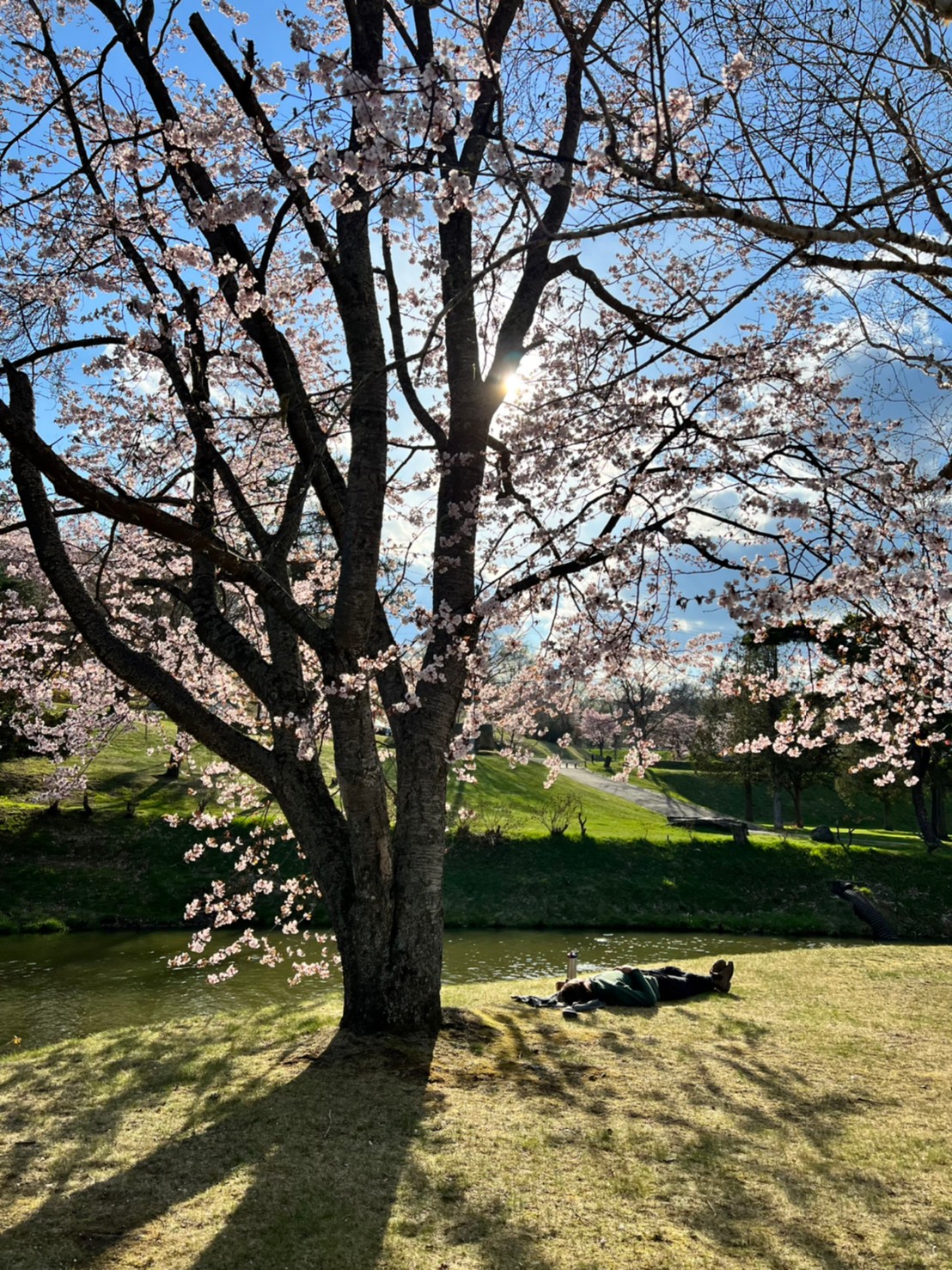

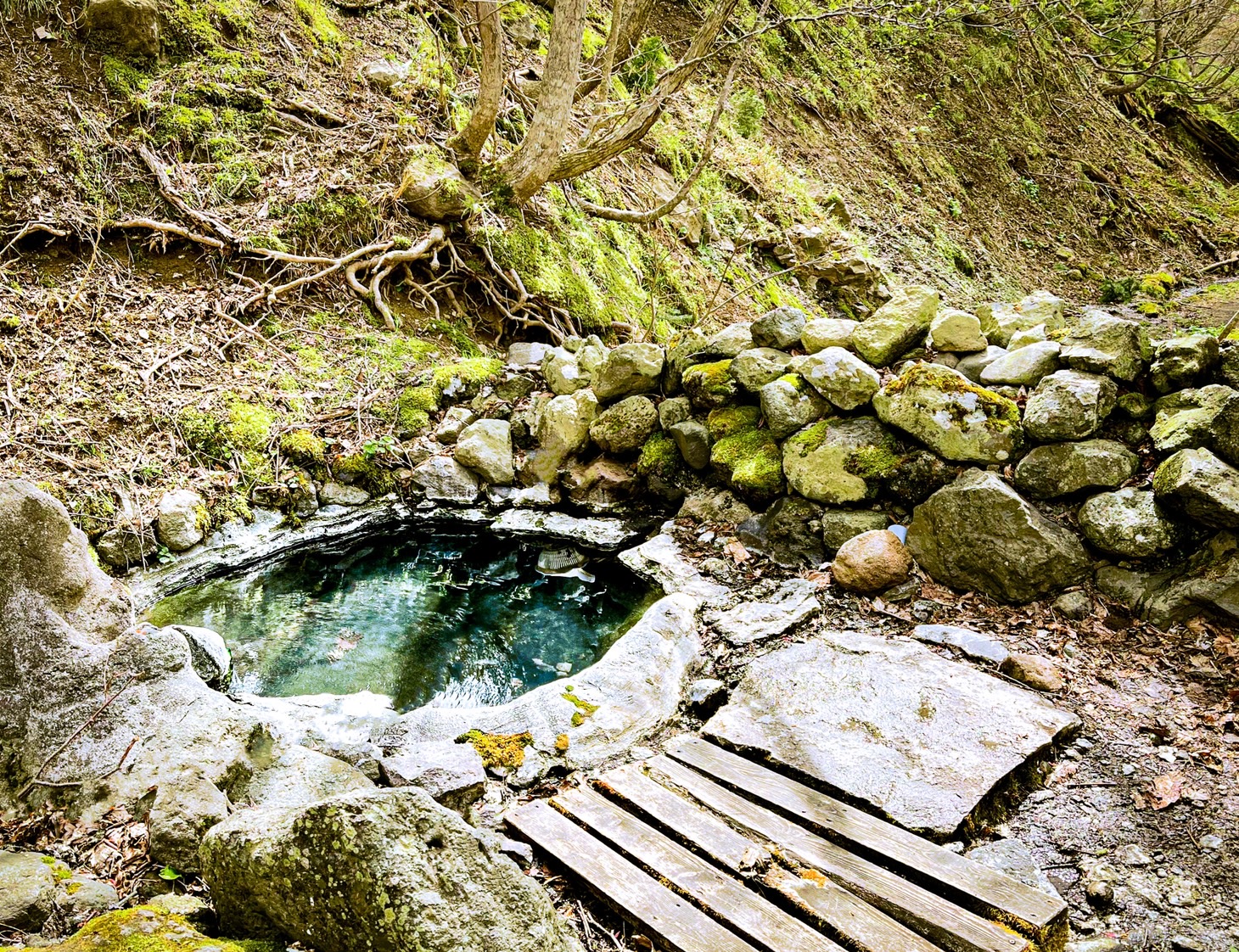
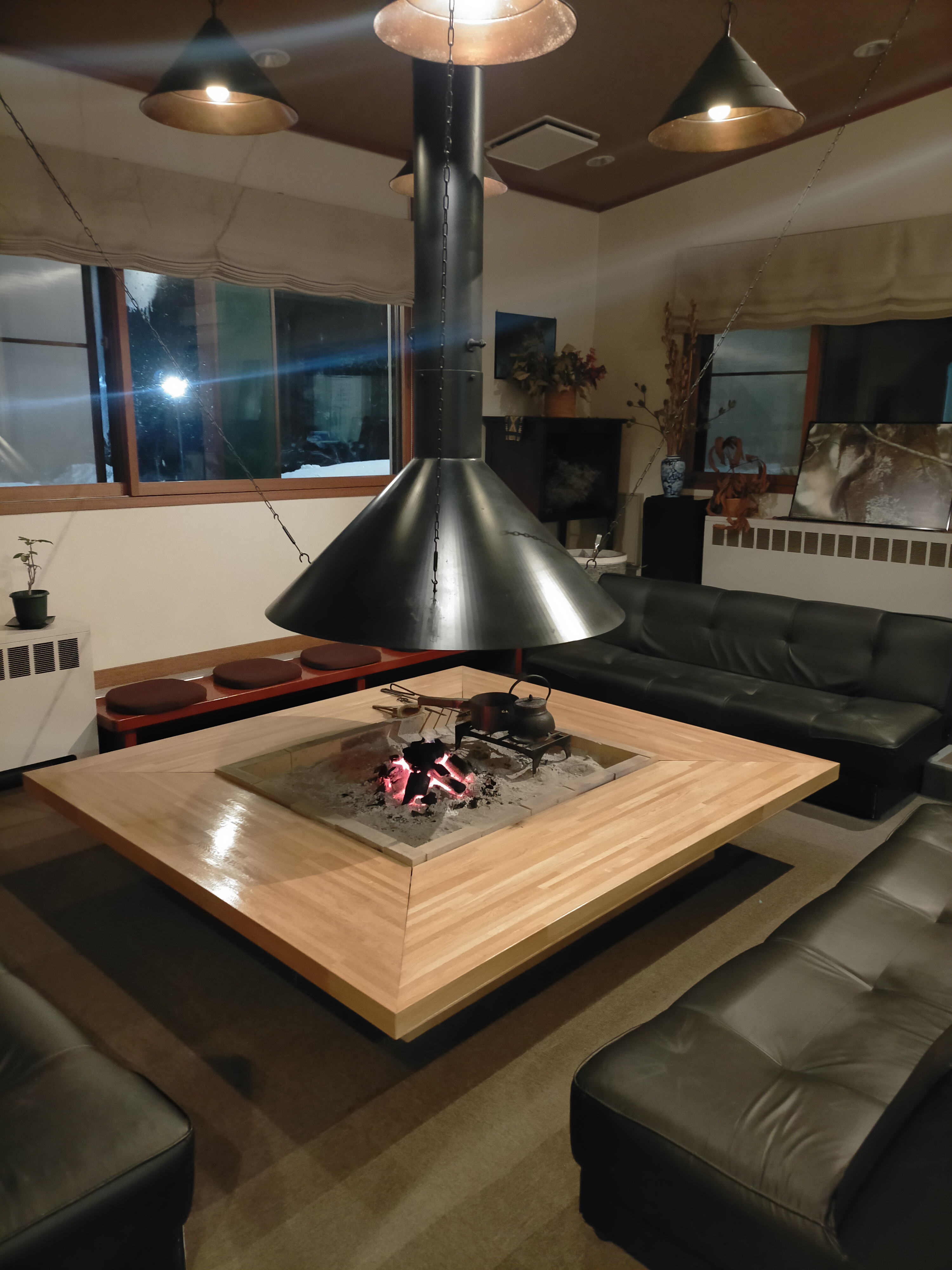
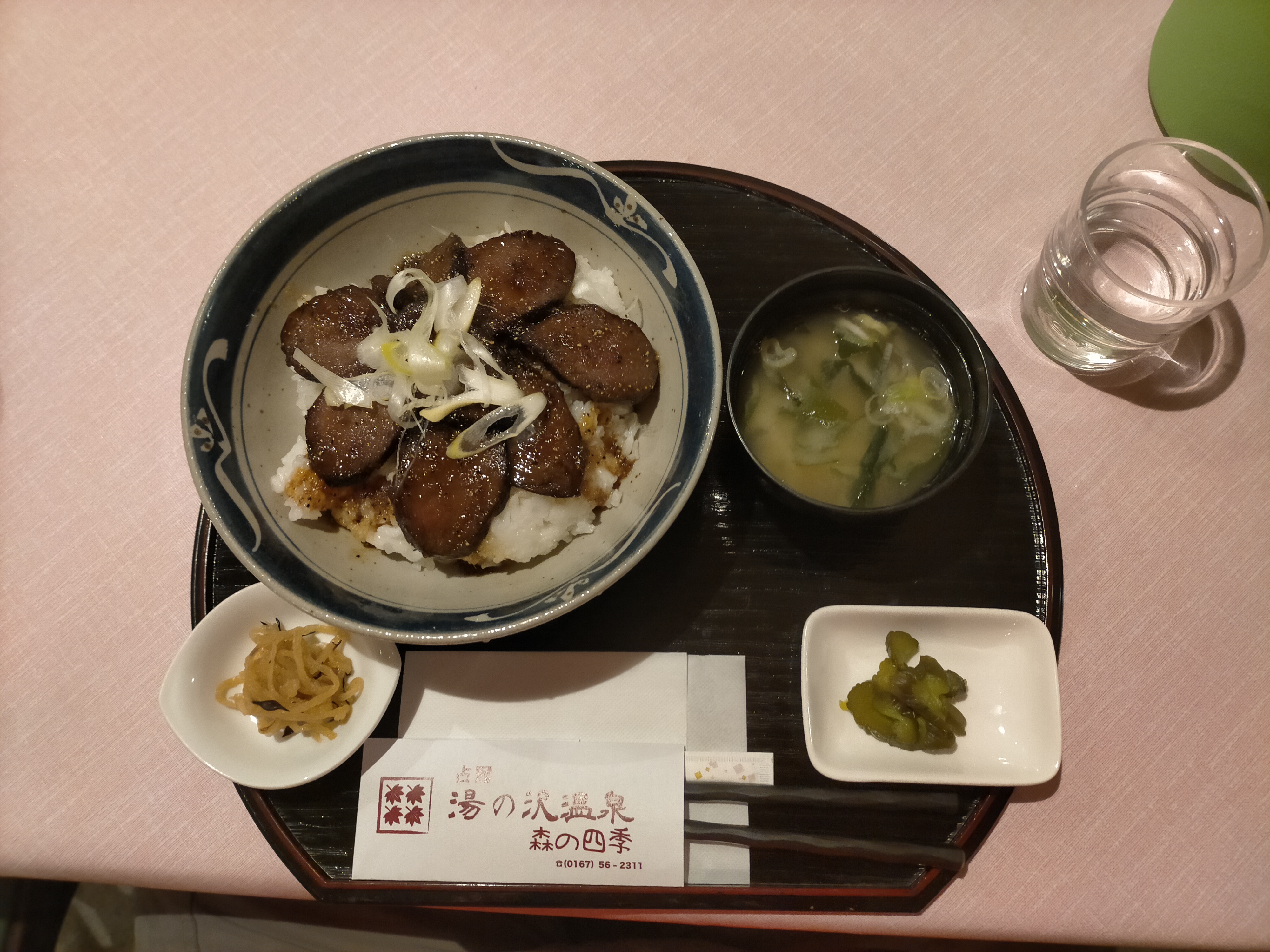
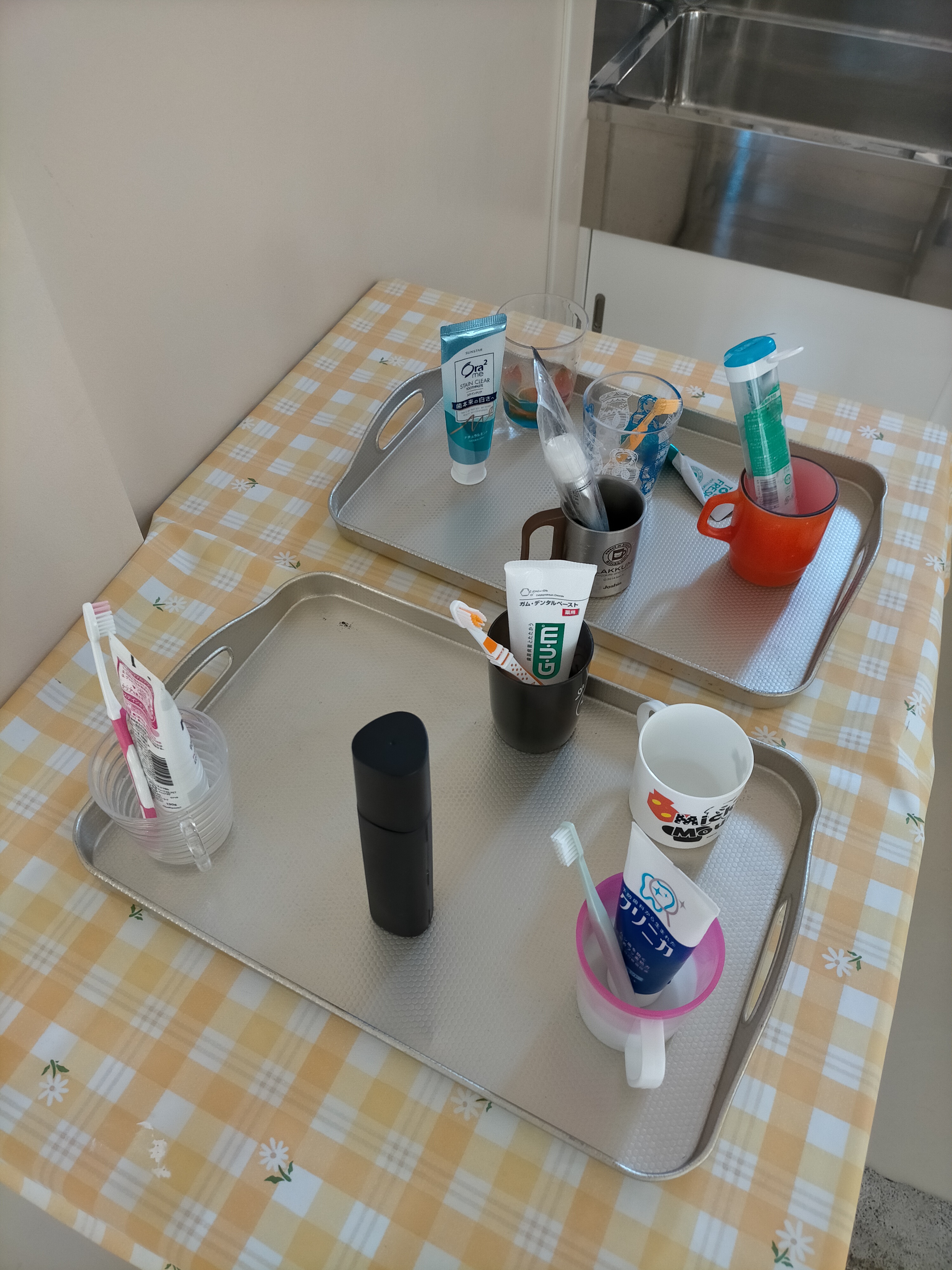
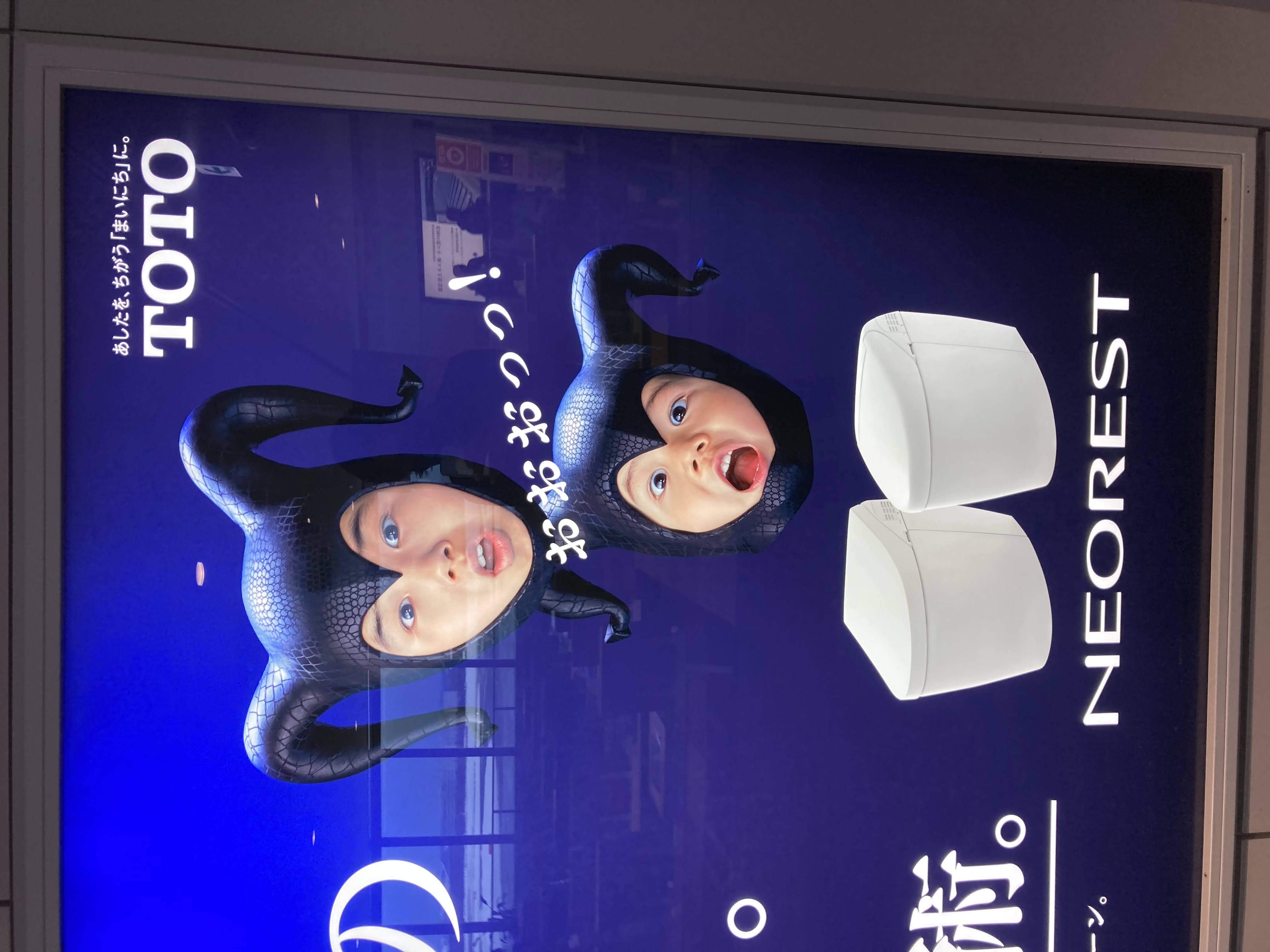
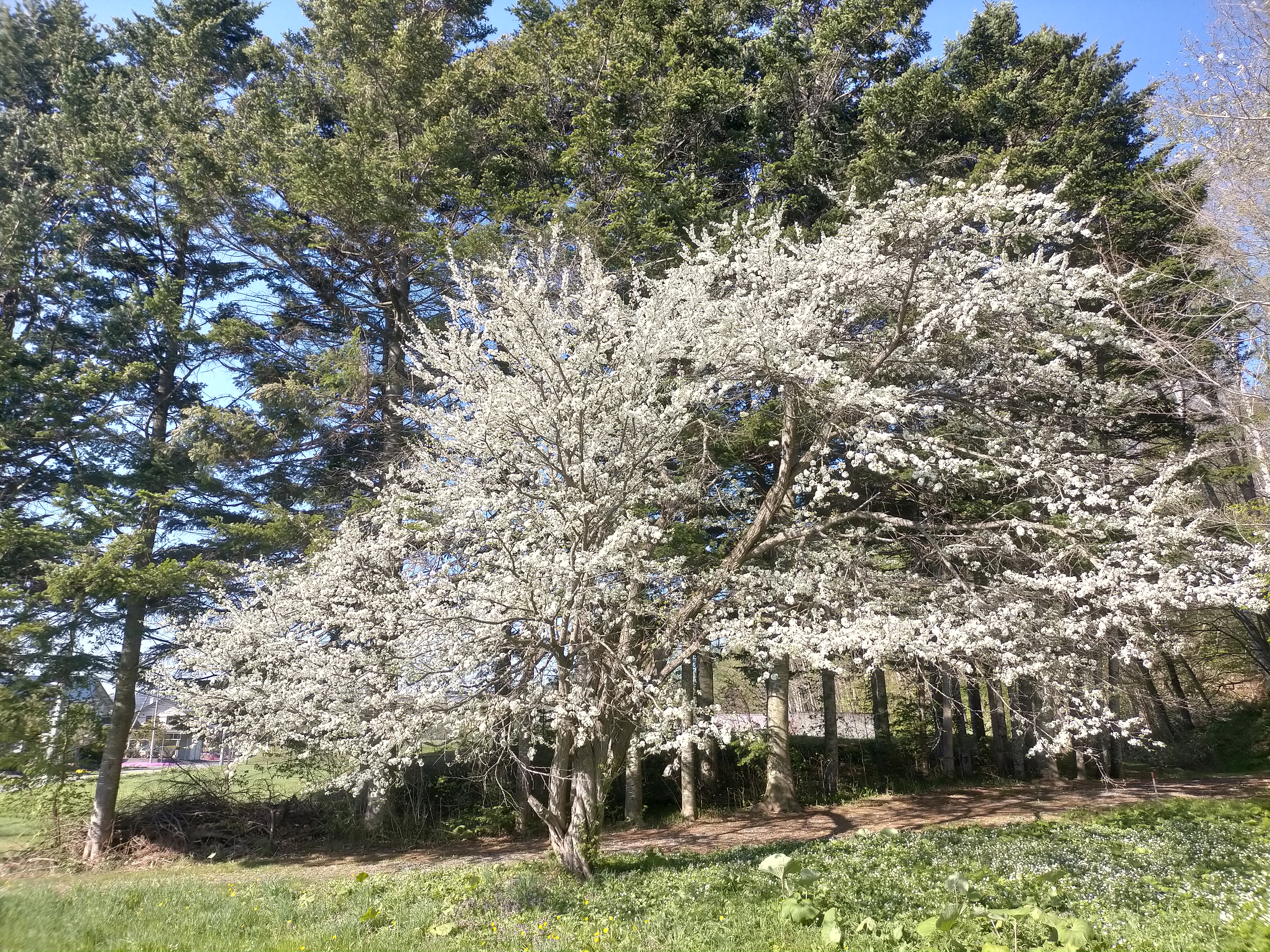


Comments are closed.